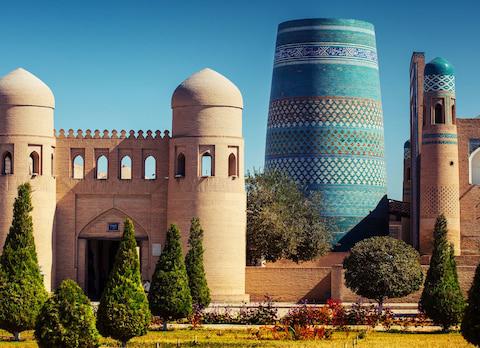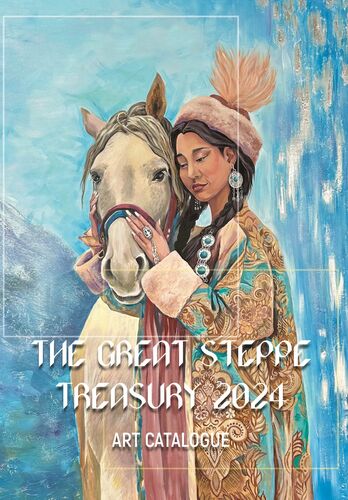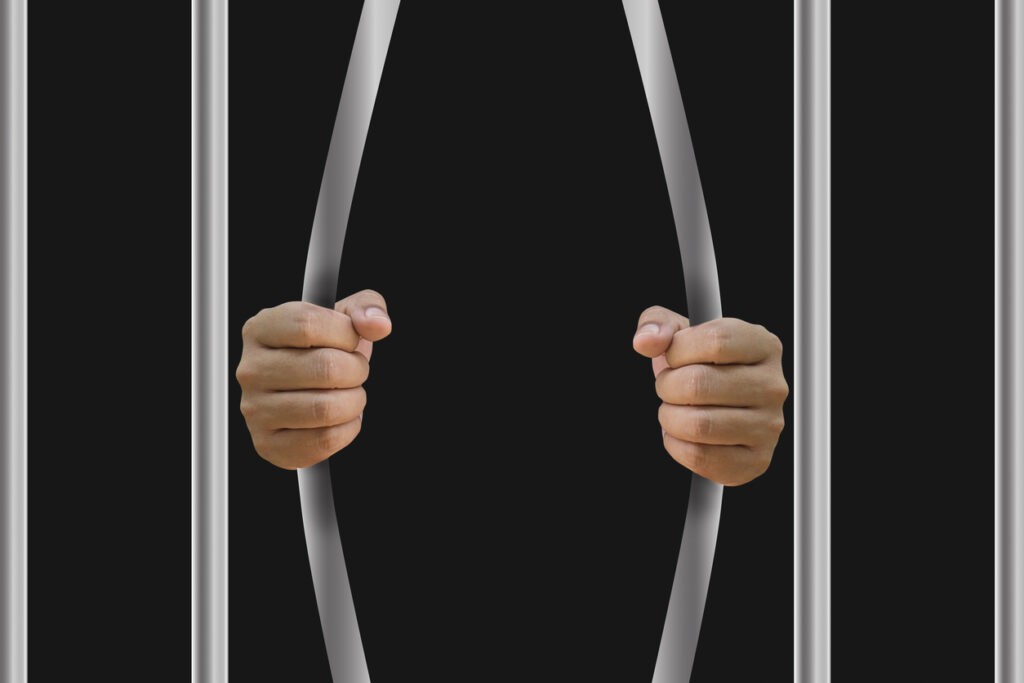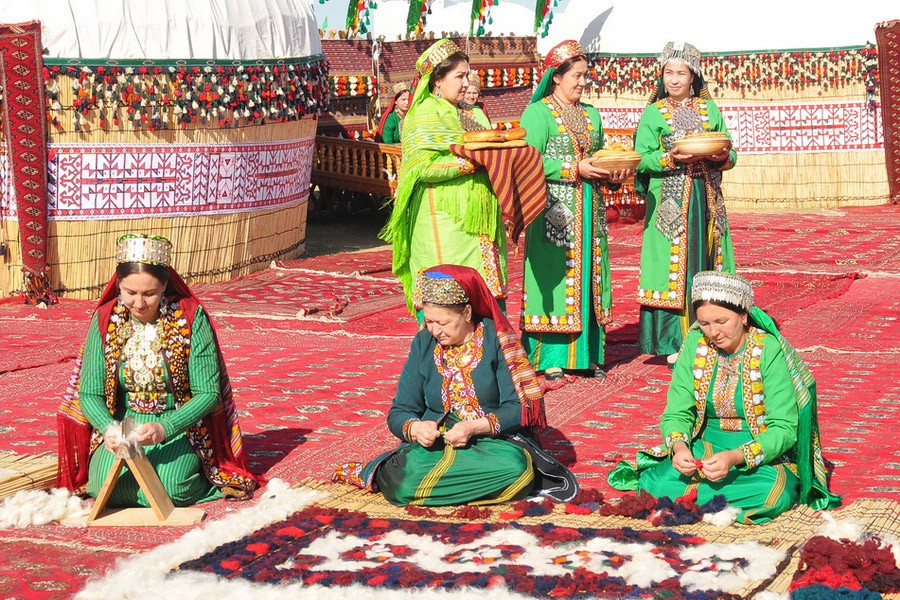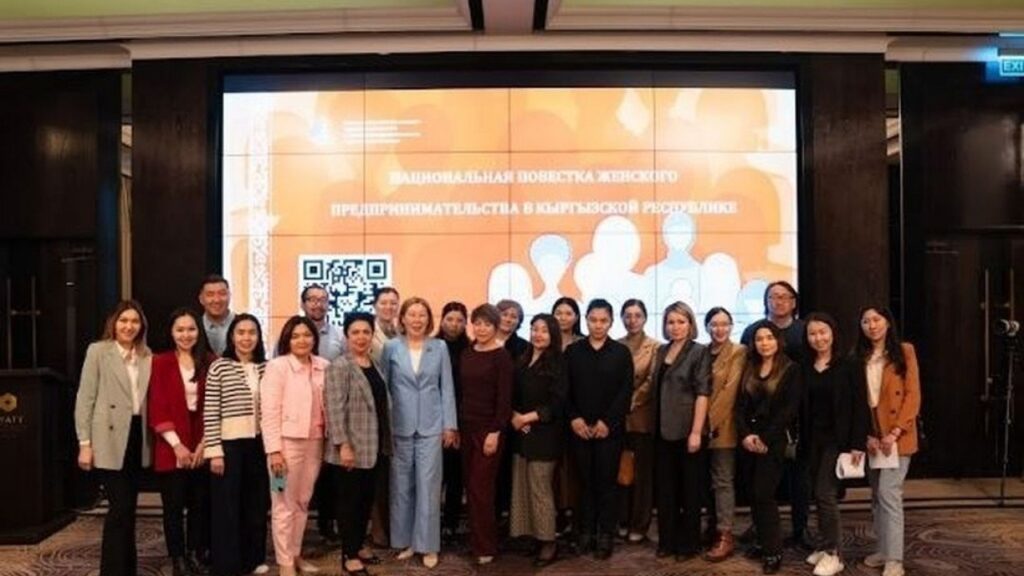TASHKENT (TCA) — The European Bank for Reconstruction and Development (EBRD) last week signed the first sub-project under the Integrated Cultural Heritage Framework in Uzbekistan, consisting of EUR 300,000 debt to a small chain of Malika Khiva Hotels. The proceeds will be used to finance the refurbishment of three hotels in Khiva, the Delegation of the European Union to Uzbekistan reported.
Uzbekistan is currently on its way to transformation and economic reforms. With its enormous tourism potential situating in the heart of the ancient Silk Road, Uzbekistan plays an important role on the geopolitical and infrastructure scene of Central Asia.
At the same time, the Silk Road cities of Bukhara, Samarkand and Khiva hold some of the world’s most exquisite Islamic architecture. The walled city of Khiva is a living museum, protected by UNESCO but still populated by Uzbek families and businesses. It was founded in the 6th century, and thrived as a Silk Road trading city – with a number of ornate mosques, mausoleums and madrassas (religious schools) added to its labyrinth of streets, all of which have been artfully restored.
In February 2018, the EBRD’s Board of Directors approved the Integrated Cultural Heritage Framework, a framework promoting cultural heritage-led development under a holistic approach. Under the Integrated Cultural Heritage Framework, the Bank can provide sovereign and non-sovereign debt, bond and equity financing to private sector entities, municipalities, municipality-owned utility companies, governments, or state-owned companies, for projects in Uzbekistan, Romania, Albania, Jordan, and West Bank.
On 11 December 2018, the EBRD signed the first sub-project under the Integrated Cultural Heritage Framework in Uzbekistan, consisting of EUR 300,000 debt to a small chain of Malika Khiva Hotels. The proceeds will be used to finance the refurbishment of three hotels in Khiva.
“We are happy to see that the first project under such an important Framework is approved in Uzbekistan,” said Bruno Balvanera, Managing Director for Central Asia and Mongolia. “We are glad to support both private and public efforts in improving cultural heritage infrastructure and we stand ready to use our best expertise and knowledge in implementing future projects.”
Malika Khiva project will benefit from long term financing from EBRD as well as support from the European Union’s Investment Facility for Central Asia (IFCA).
Francois Begeot, Head of Cooperation of EU Delegation in Uzbekistan attended the signing ceremony. “We are proud to be part of EBRD’s initiatives in Central Asia as they bring value to strategic goals of the European Union and help preserving cultural heritage in Uzbekistan,” said Mr. Begeot.
